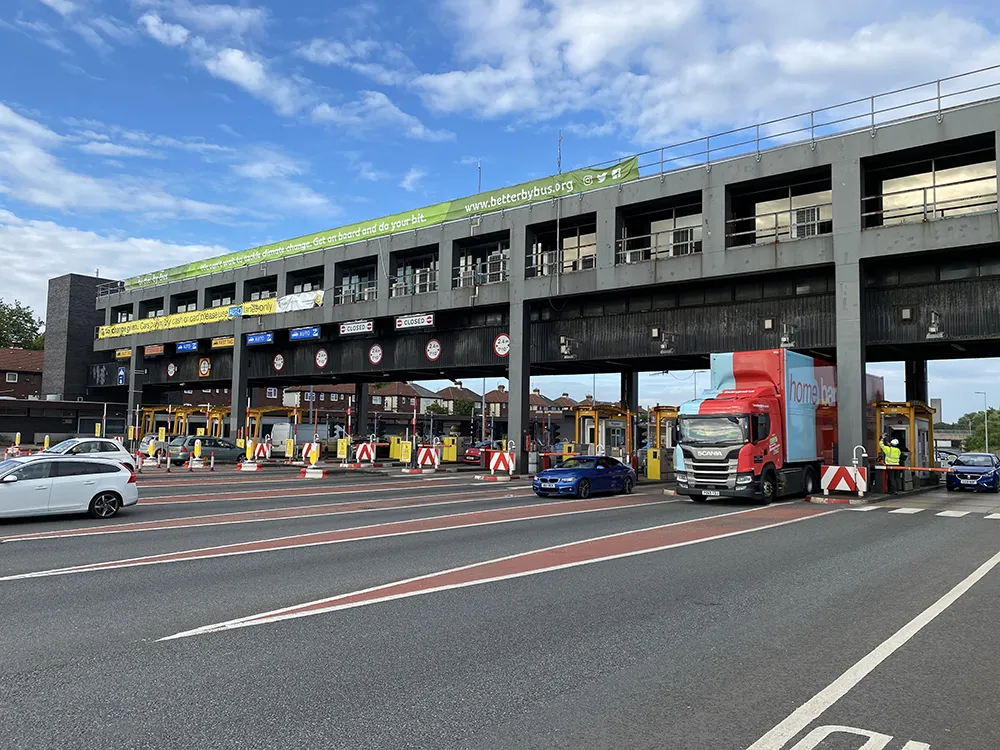The multi-stakeholder body announced its action plans for the next two years at its Annual Conference at London’s City Hall.
The LowCVP and its members have identified key ambitions and actions for the next two years. These include transforming the bus market to ensure that every new bus meets the Low Emission bus standard, policy and information for low emission cars and making low emission commercial vehicles the obvious choice – at least 5 per cent of new commercial vehicle to be ULEVs.
Other proposals include low carbon fuels and infrastructure fit for the future and delivery of the Renewable Energy Directive with maximum greenhouse gas reduction, along with creation of a vibrant UK supply chain and ULEV ‘L-Category’ (micro vehicles) market.
Speaking in preparation for the Conference, LowCVP’s managing director Andy Eastlake said: “Cities of the future need clear and effective policies to drive a rapid move to the most efficient mobility solutions possible while providing a range of options for every user.
“The urgent challenge of tackling air pollution has created a new dynamic in our attempts to deal with the longer-term threat of climate change. We need to ramp-up efforts to develop effective technologies that meet both challenges as well as implementing the right mix of policies to speed their introduction to the market.”
LowCVP Conference highlights policies needed to tackle pollution and climate challenges
With road transport in the spotlight as a key to tackling both air quality and climate challenges, the Low Carbon Vehicle Partnership is launching a new multi-faceted work programme which aims to speed the transformation to cleaner vehicles and fuels.
June 28, 2017
Read time: 2 mins
With road transport in the spotlight as a key to tackling both air quality and climate challenges, the Low Carbon Vehicle Partnership is launching a new multi-faceted work programme which aims to speed the transformation to cleaner vehicles and fuels.









